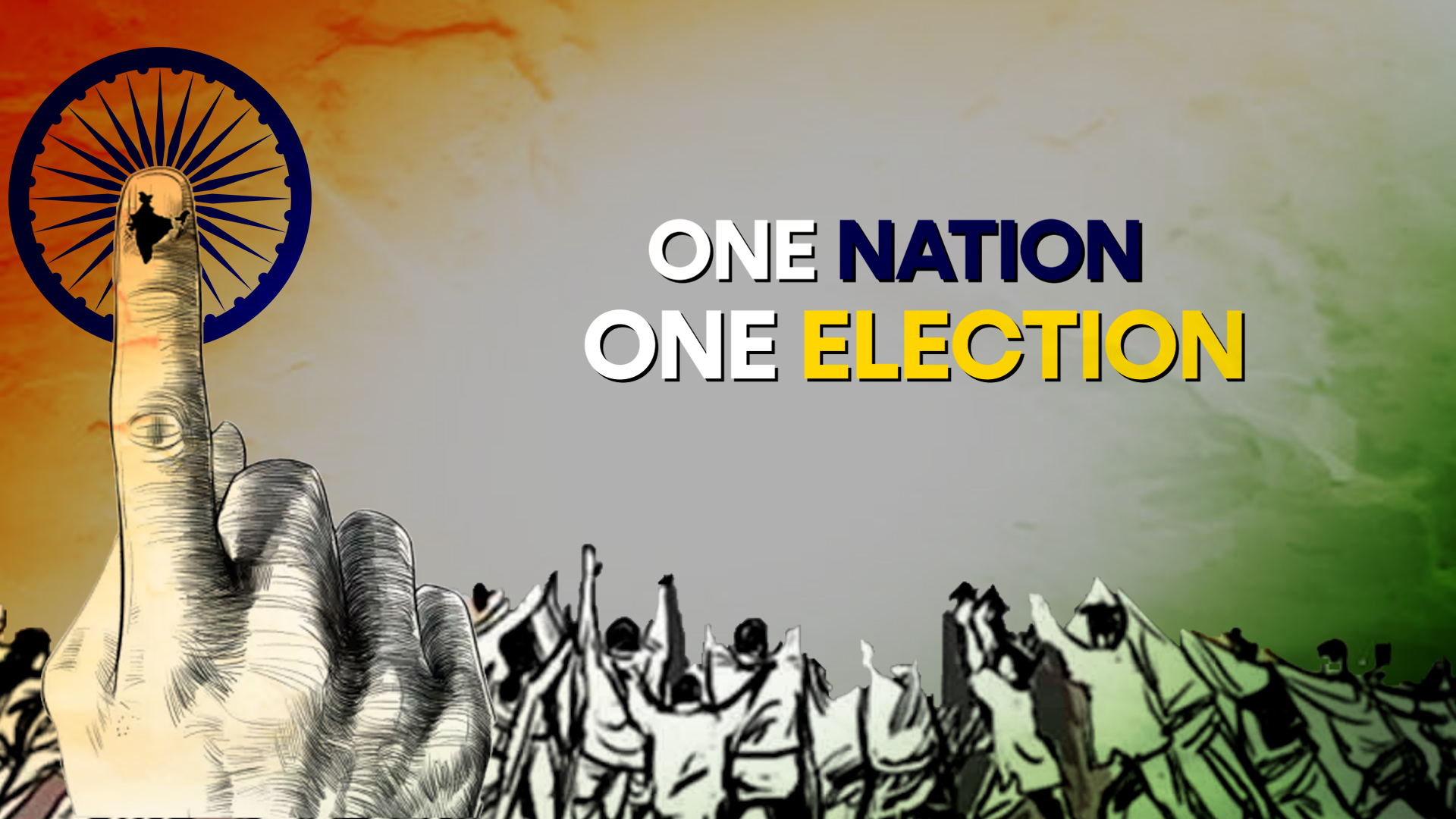The Union Cabinet has approved two pivotal bills: The Constitution (Amendment) Bill 2024 and The Union Territory Laws (Amendment) Bill 2024. These bills aim to implement simultaneous elections for the Lok Sabha and state assemblies, a proposal that could fundamentally change India’s electoral framework.
While the revised list of business for the upcoming Lok Sabha session does not officially include the ‘One Nation, One Election’ draft Bill 2024, sources indicate that it can still be introduced at the government’s discretion. If the bill is passed without amendments, it could potentially be enacted by 2034. However, achieving this timeline depends on building consensus, which has yet to be fully established.
The current framework for conducting Lok Sabha and state assembly elections is defined in Articles 83 and 172 of the Indian Constitution. Implementing simultaneous elections would require a constitutional amendment, which mandates a simple majority of two-thirds of the members present and voting in Parliament. This means that at least two-thirds of MPs in attendance must agree to the proposal.
The ruling National Democratic Alliance (NDA) currently holds 293 seats in the Lok Sabha, which is 70 seats short of the two-thirds threshold of 363.


This raises the question: where will the remaining support come from?
What Is Needed To Pass The One Nation One Election Bill?
There are two possible scenarios:
- The NDA garners support from at least 70 other MPs from allied or independent parties.
- 104 MPs abstain or walk out, reducing the effective strength of the House to 439, which would lower the required two-thirds majority to 293.
The feasibility of these scenarios remains uncertain, as numerous opposition parties, including Congress, Aam Aadmi Party (AAP), DMK, Trinamool Congress, and Samajwadi Party, have voiced their concerns. These parties have raised issues regarding the potential implications of simultaneous elections, fearing that it could centralize power and undermine federalism.
As the debate progresses, the key question remains: how will the government secure enough support to push through this significant constitutional change?
The 4 Major Changes
Union Law Minister Arjun Ram Meghwal is likely to table the One Nation, One Election Bill in the Lok Sabha on December 17. The government argues that the bill will reduce the cost, time, and energy spent on elections. This bill is just one of the many significant reforms India is witnessing, which will profoundly alter the way elections are conducted in the country. Let’s examine these four major changes.
Big Change 1: Women’s Reservation Bill
Starting from 2029, 33% of the seats in Parliament will be reserved for women, ensuring greater female representation in the legislative process.
Big Change 2: Delimitation 2026
Constituencies will be redrawn based on the population figures from the 2025 Census, ensuring that electoral boundaries reflect the current demographic distribution.
Big Change 3: Increase in Parliamentary Seats
The new Parliament building will have a seating capacity of 888, accommodating a larger number of lawmakers to better represent the growing population.
Big Change 4: One Nation, One Election (ONOE)
Simultaneous elections could take place starting from 2034, streamlining the election process across the country.
Due Elections:




